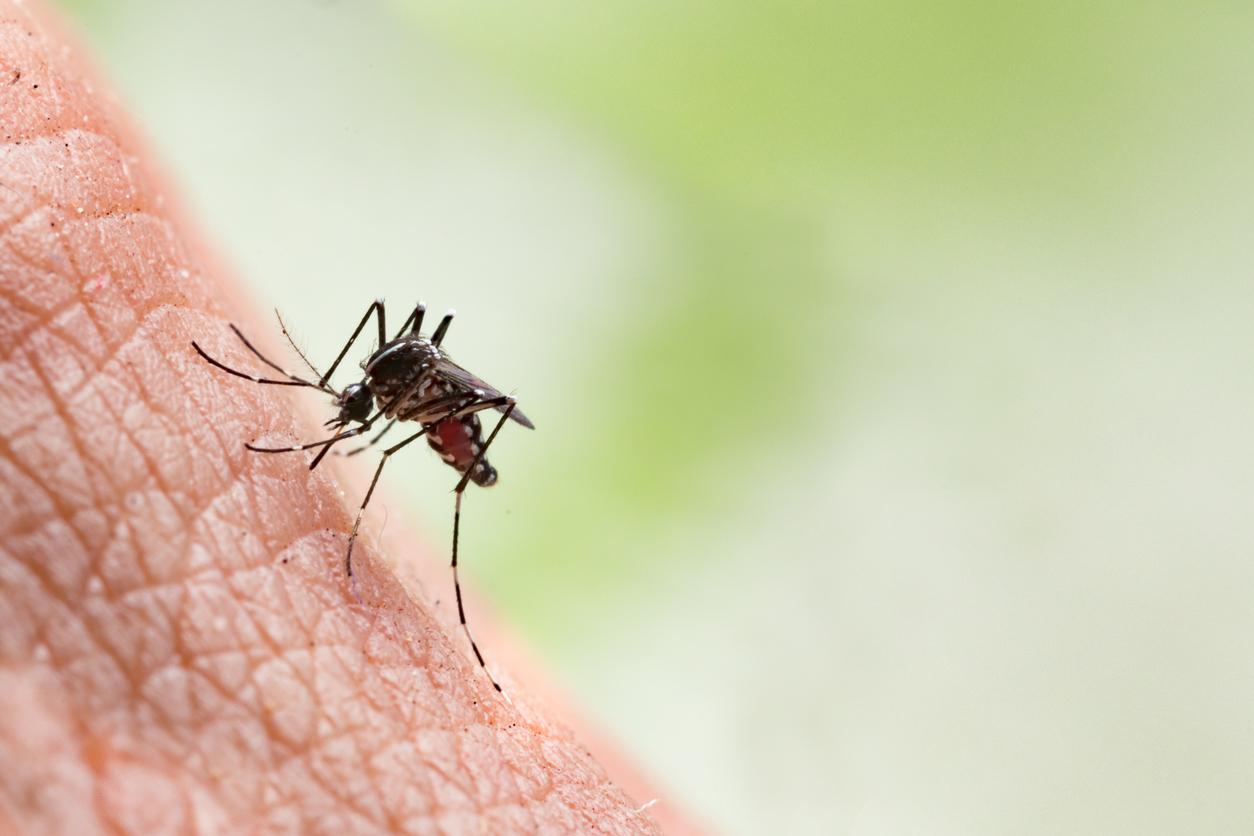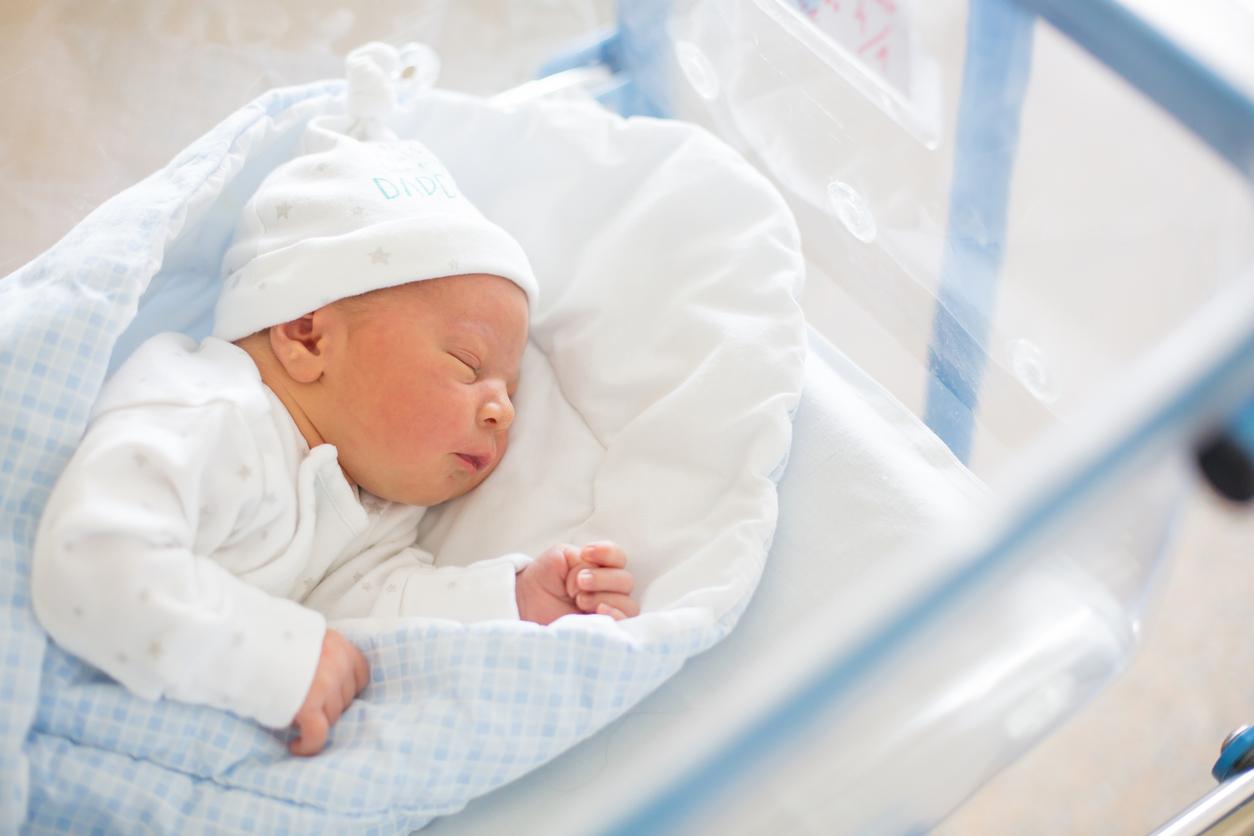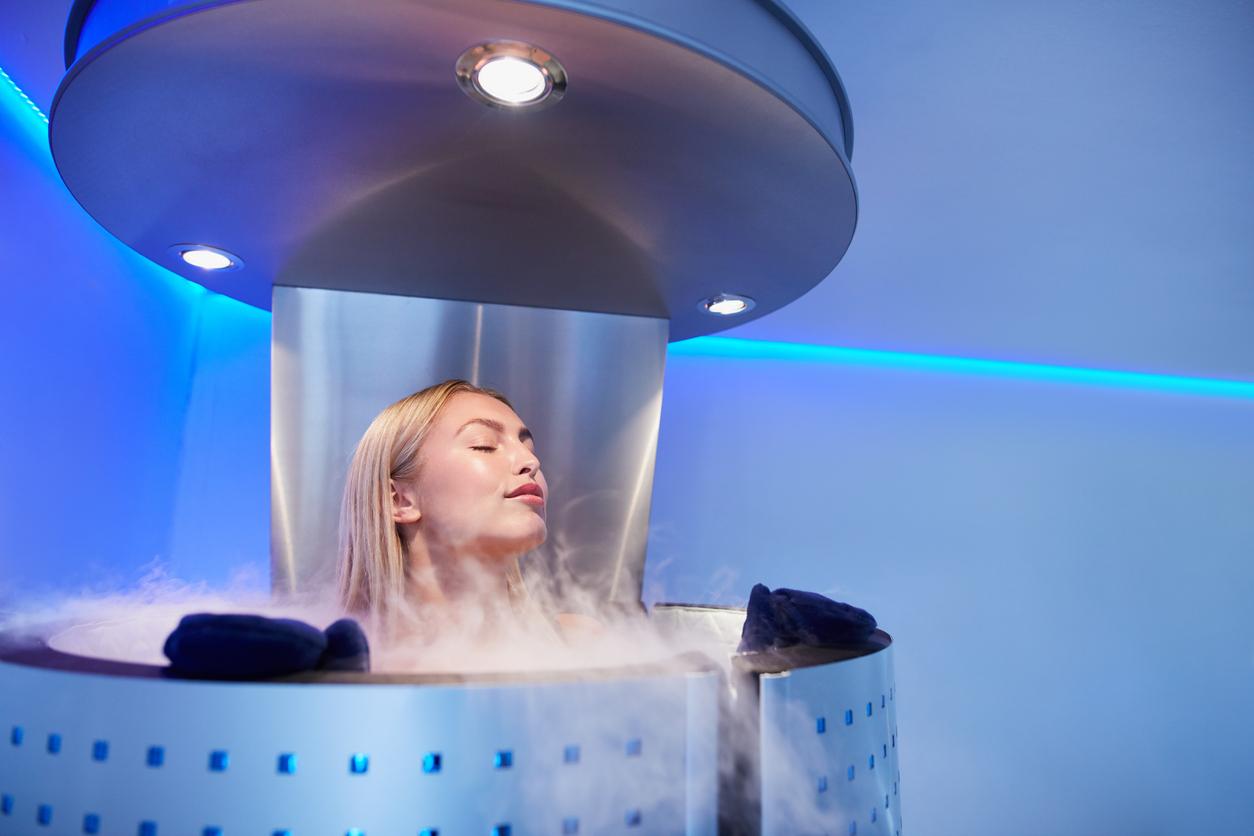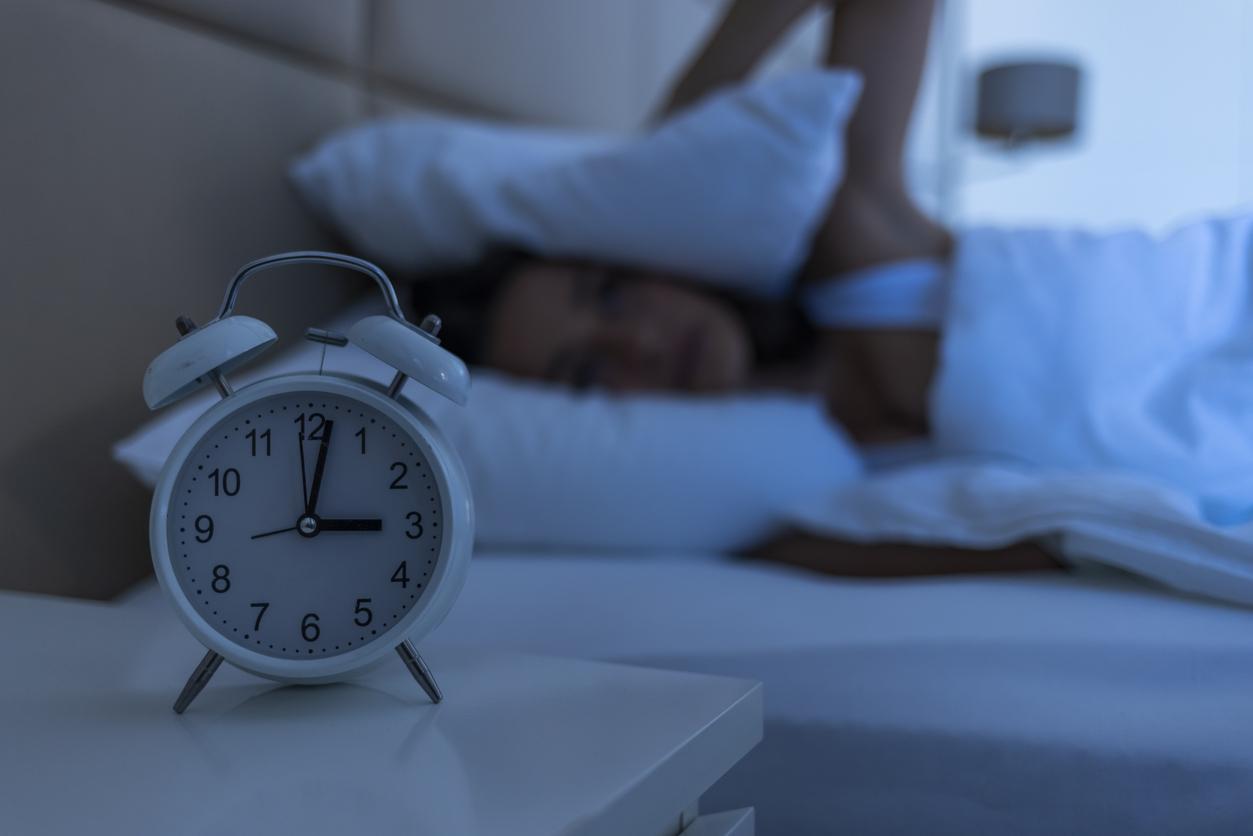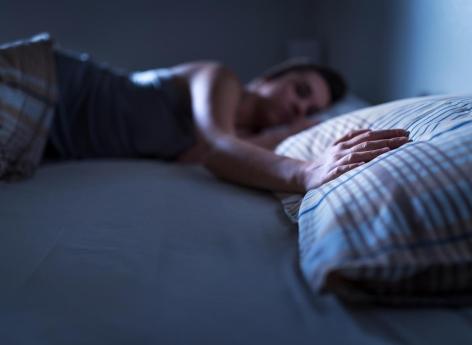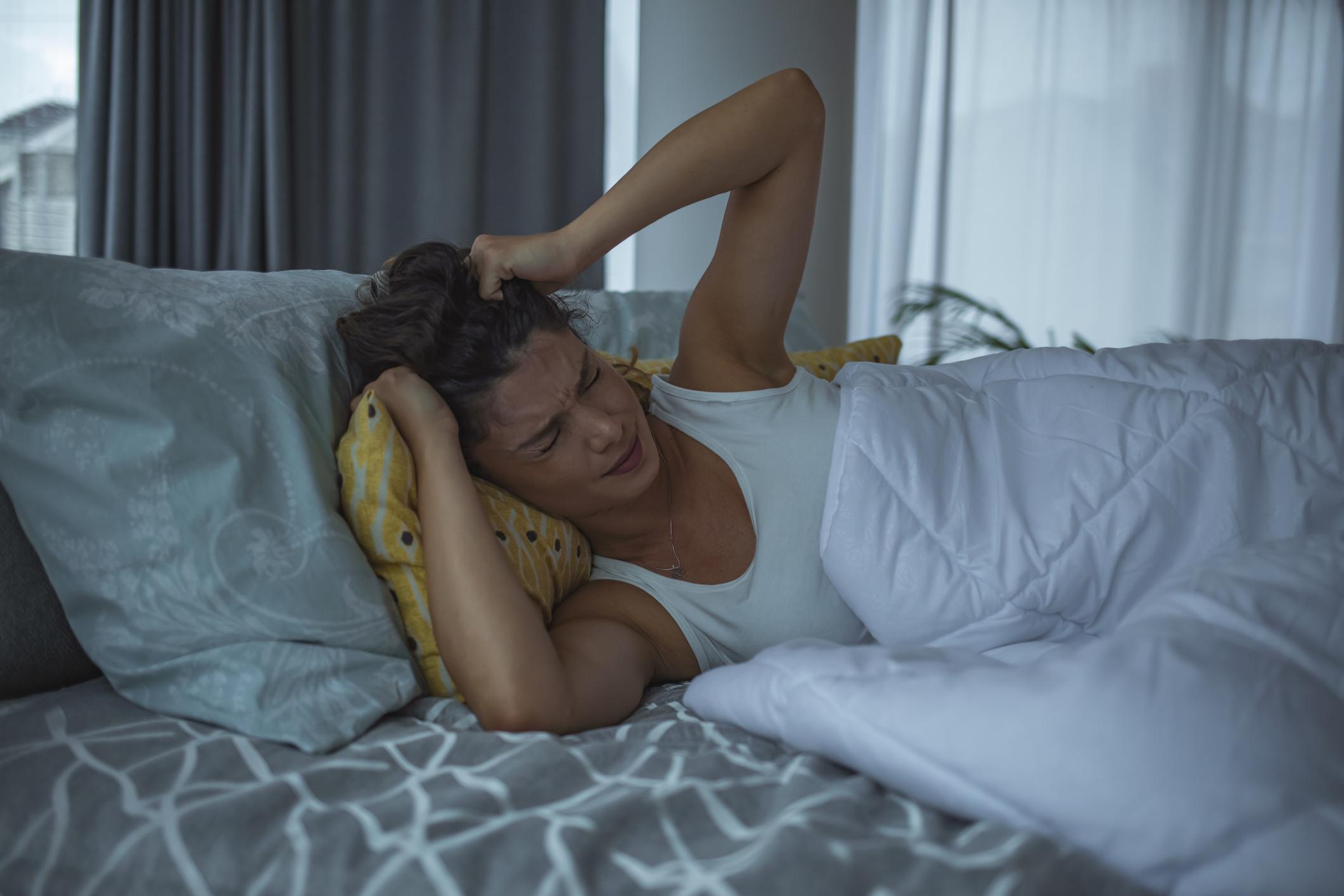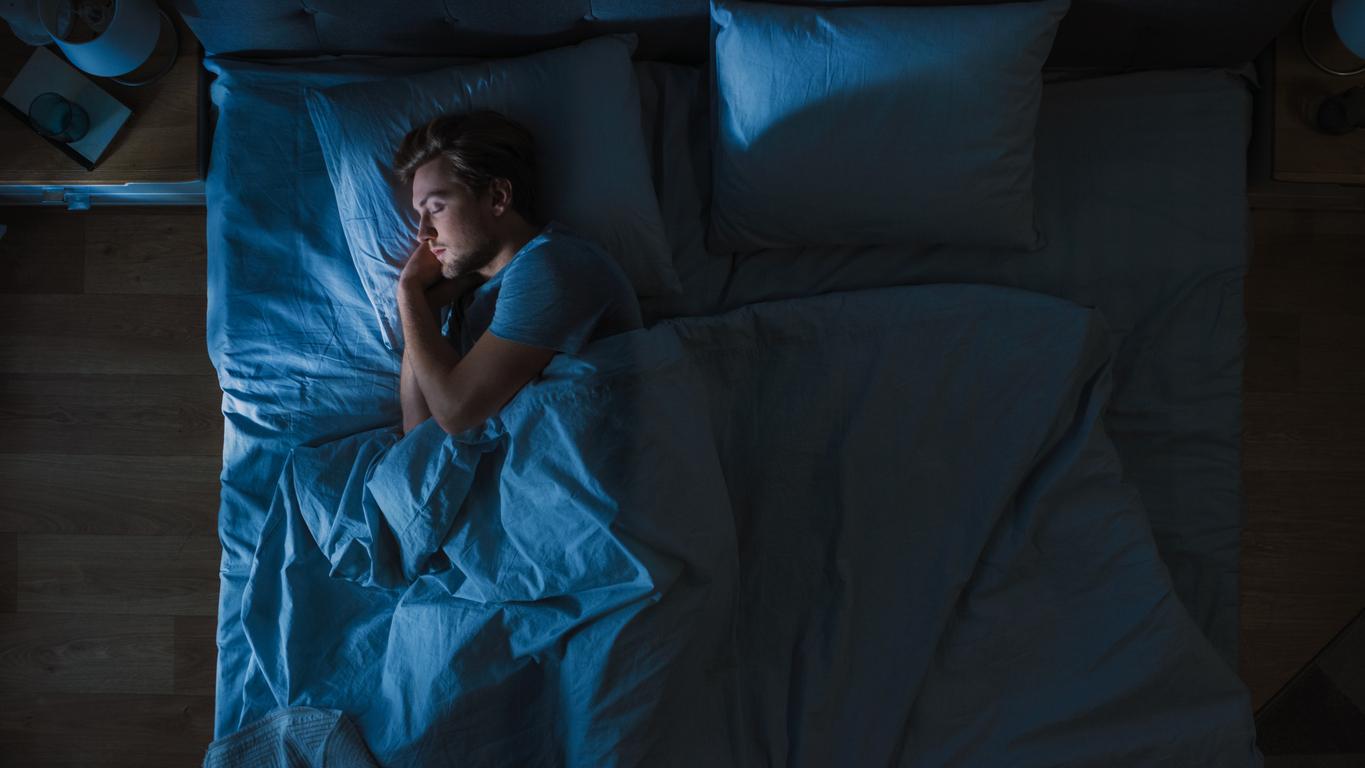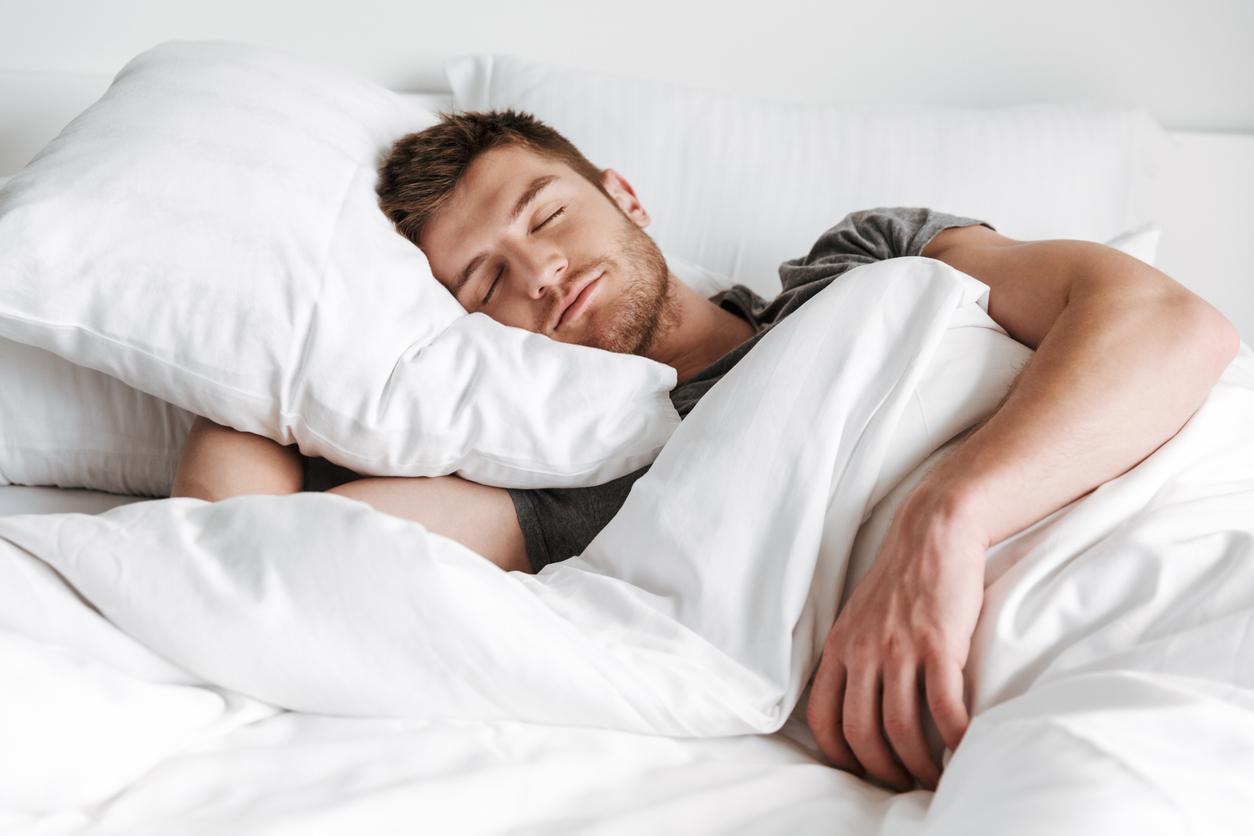A survey reveals that more than a third of Americans no longer sleep with their partner.
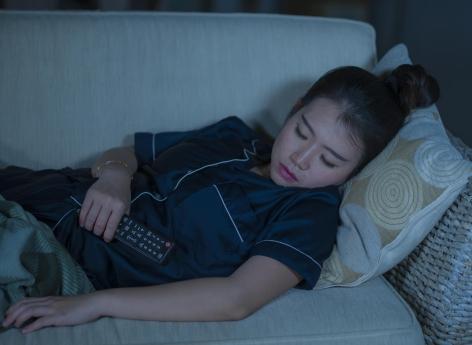
Monopolized coverage, staggered hours, snoring, incessant movements… For these different reasons, many couples decide to have separate rooms. This is called “sleep divorce” or “sleep divorce” in French. According to a recent survey from the American Academy of Sleep Medicine (AASM), many people in the United States report that they leave their partner and occasionally or regularly sleep in another room.
In detail, nearly half (43%) of millennials (i.e. adults born in the 1980s or 1990s) do not share the same box spring as their spouse, followed by a third (33%) of people from generation X , 28% of those in Gen Z and 22% of baby boomers. According to the results, men are the most likely to use the sofa or the guest room, as almost half (45%) say they do not occasionally or regularly sleep with their partner, compared to a quarter ( 25%) of women.
“Sleep separately for their general well-being”
“We know that insufficient sleep can deteriorate mood and that people who are sleep deprived are more likely to argue with their partner. There may be some resentment towards the person causing the sleep disturbance “, which can negatively impact relationships. A good night’s sleep is important for health and happiness, so it’s no surprise that some couples choose to sleep apart for their overall well-being,” explained Dr. Seema Khosla, pulmonologist and member of the AASM, in a press release. According to the specialist, studies have shown that lack of sleep decreases empathy levels.
Snoring, a common symptom of sleep apnea
The AASM says “sleep divorce” simply means that people prioritize their sleep. “However, if it is loud snoring from one partner that leads to separate sleeping spaces, you should encourage that partner to seek medical attention about obstructive sleep apnea. men than to women who snore”, said Dr. Seema Khosla. The pulmonologist recalls that snoring is a common symptom of sleep apnea to be taken seriously. “When snoring is accompanied by choking, gasping, or silent breathing pauses during sleep, this is a strong indicator of sleep apnea.”



